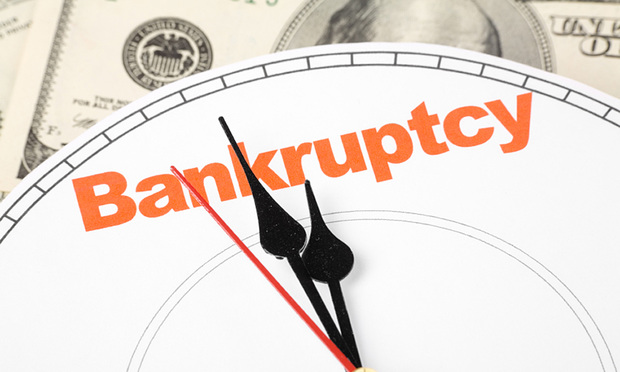When a debtor files for bankruptcy, disclosure of financial and operational information is statutorily required, according to Jason Rodriguez of Higler Allen & Lautin in a recent blog post. In most circumstances, this is a sound policy requirement, as it opens up new liabilities and obligations and requires the debtor to be honest about debts. But sometimes it “collides with the real need to keep trade secrets secret,” he says.
A pending case in the U.S. Bankruptcy Court for the District of Delaware involving a vendor of Apple Inc. products is illustrative of the issue. In the case, the contract between the vendor and Apple dictated that for any case of protected information being disclosed, the vendor would owe Apple $50 million in liquidated damages. “The information protected from disclosure was extremely broad and included disclosing ‘the nature of the business relationship’ and the terms of the contract itself,” explains Rodriguez.
This content has been archived. It is available through our partners, LexisNexis® and Bloomberg Law.
To view this content, please continue to their sites.
Not a Lexis Subscriber?
Subscribe Now
Not a Bloomberg Law Subscriber?
Subscribe Now
LexisNexis® and Bloomberg Law are third party online distributors of the broad collection of current and archived versions of ALM's legal news publications. LexisNexis® and Bloomberg Law customers are able to access and use ALM's content, including content from the National Law Journal, The American Lawyer, Legaltech News, The New York Law Journal, and Corporate Counsel, as well as other sources of legal information.
For questions call 1-877-256-2472 or contact us at [email protected]






